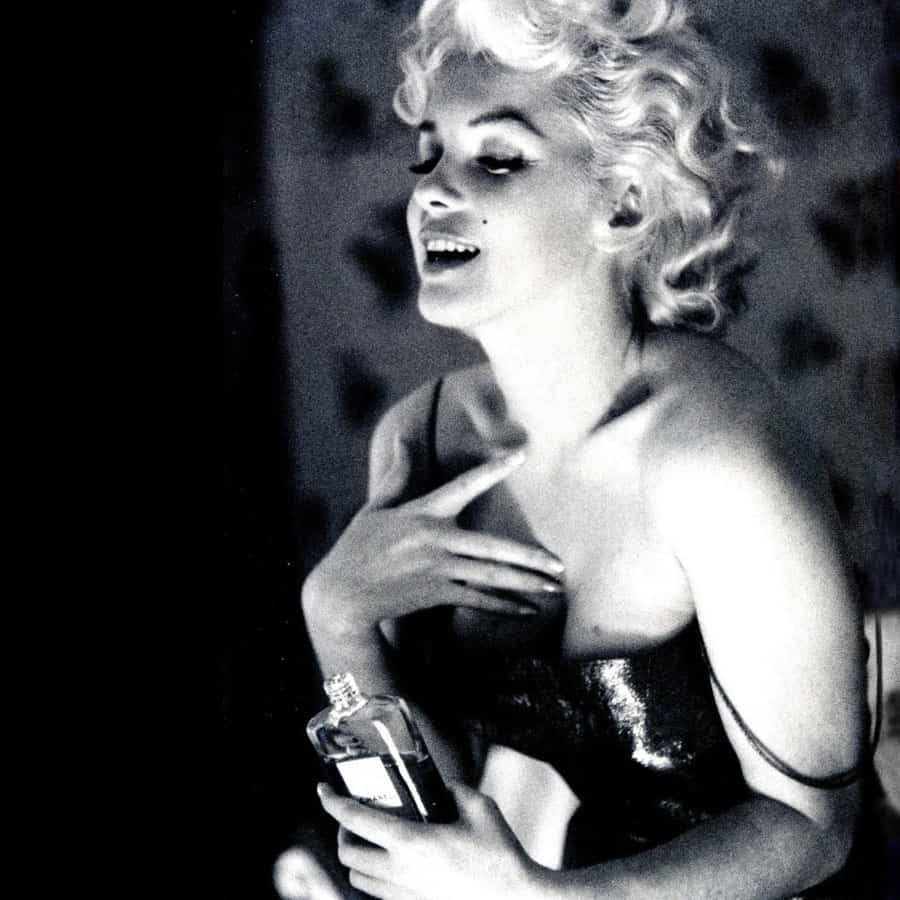When I was a young girl, I curiously chased the scent of my mother’s exotic perfume into the kitchen; she always stood smiling by the window, sipping a cup of Earl Grey tea.
Coming of age in suburbia, my mother wore her fragrances like a Broadway dancer changing elaborate costumes backstage; spritzing blended oils that radiated her extravagant personas in the working quarters of daylight. Determined to find her, I sniffed with my nose up and eyes closed, only to catch her in the kitchen; drinking Earl Grey tea and smiling like she always was.
As womanhood descended upon me, perfume renewed the forward-looking leaps of my imagination. Early in the morning, when my mother splashed a wrist’s worth of DKNY, I imagined a giraffe-tall fashion model; running late for an impromptu mid-town meeting with her busy Manhattan agent. Hours later, driving home from a friend’s house, I could smell the sweet vanilla of Chanel N°5 in our white Mazda Minivan, the fragrance I named “elegance”, with hints of bergamot, sandalwood and rose. Early womanhood, while catastrophic and hopeless in its growing pains, became glamorously transformed by a spritz of my mother’s expensive perfume. I was addicted.
Moving away from the Moulin Rouge of my mother’s perfume cabinet, I crafted my teenage identity with the floral-fruity fragrance of Calvin Klein’s Euphoria, a perfume that was really sexy in 2005. I didn’t know how to flirt, but I smelt like I did; and that’s all that mattered. Years later, in a new wave of University sophistication, I threw out my teenage Euphoria for a new ambiguous clean scent; one that would hide the ungodly potency of a nine hour shift at the salon. That’s when I turned to CK One for a new smell of maturity. It was a clean, fresh and relaxed scent that radiated coolness in quiet west-end coffee shops and would likely impress future employers looking for their next unpaid intern (or so I thought). At this point in my life, perfume was no longer a stolen luxury from my mother’s cabinet or a façade to my peers; it now mirrored myself in the future – someone who desperately wanted to be remembered.
While the struggle of being fully independent slapped me in the face and happiness fluctuated with credit card debt, I craved a scent that would purely be me. I no longer was in love with the relaxed composition of CK One and felt silly wearing Euphoria, a smell that reminded me of detention and shitty clubs with country music. I craved to smell like a woman, but I didn’t know what kind of woman I wanted to smell like: Beyonce? Madonna? Sarah Jessica Parker?
So I started to collect samples; like a value-village thrift shopper, I rolled, sprayed and spritzed anything I could get my hands on. At weekday dinner with friends, I smelt like a bluegrass singer from Arizona, with notes of Lemongrass and Cedarwood to accompany my brown leather jacket. Sitting in my weekday lecture, I imagined myself as the CEO of an independent music label, radiating risk with a hint of ginger and spice amongst my smelly peers. I was in an identity crisis with my perfume, and with every scent, I adopted a new personality with short-term hopes, dreams and fears. In the end, I smelt like a very confused circus clown on morphine.
As part of my long-standing history with perfume and aromatic-identity confusion, it’s worth mentioning that I now live on top of a cheap perfume store in Chinatown. Following the discovery a colleague’s perfume choice, I immediately purchased my first bottle of Chloé. And for the first time, I felt committed to a scent that was unmistakably woman: bohemian, chic and ultra-modern.
It’s within this written history of perfume that I see how the fragrances of women have helped me define femininity in my life. As a girl, perfume glamorized my mother into the stylish world-traveler she always dreamt of being. Then, in the hype of puberty and love astrology, perfume became a tool of sexuality, with a pull of citrus charm from my monthly Cosmopolitan strip sample to stink up a hallway. University sprayed hope for my unknown potential; while the year or two that followed became distressed by layers of non-commitment and a brief identity crisis.
Perfume is not just a composition: it’s a story about the women who raised us, the women we want to be and the women we think we are. While it was my original intent to find a scent that was distinctly woman; I found a smell that was uniquely my own.
Sarah Brown is a confidently confused twenty-something living in Chinatown; she loves mom jeans and hates networking.



 Follow Us On Instagram
Follow Us On Instagram
